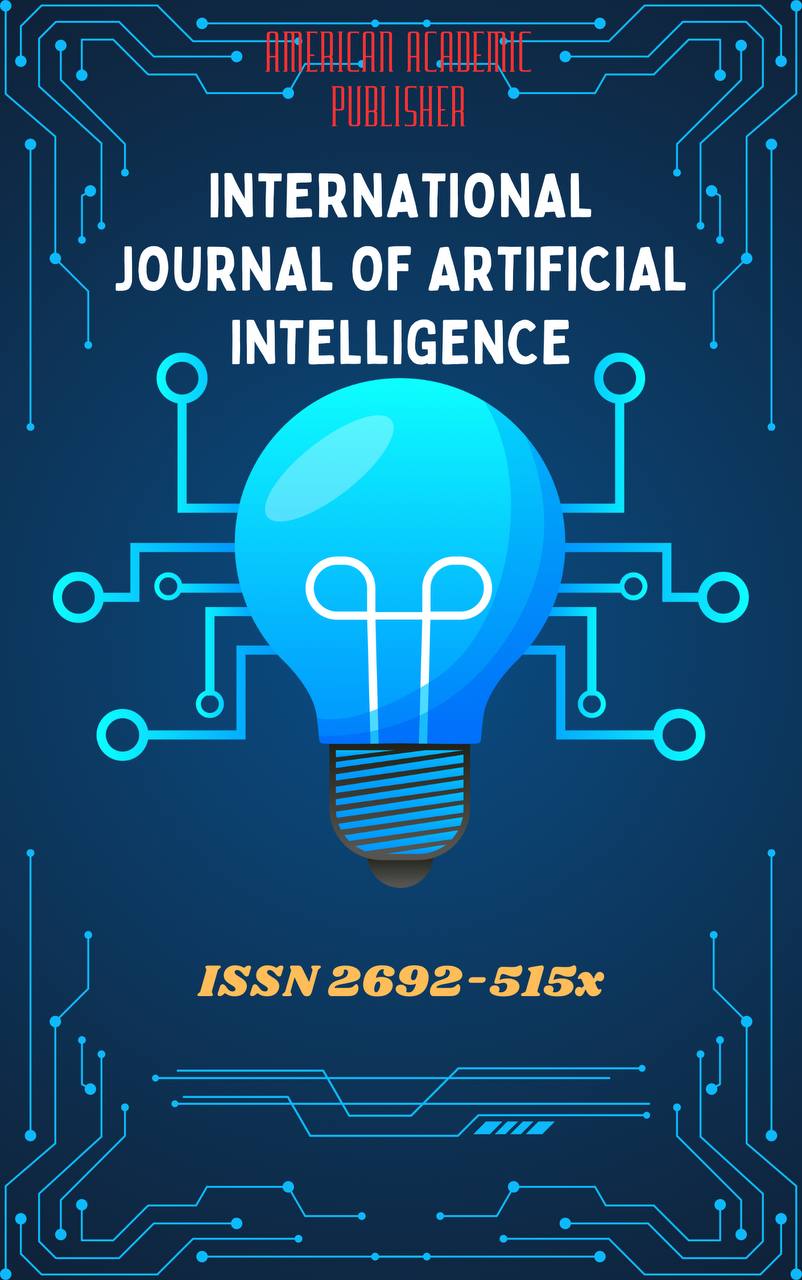 Articles
| Open Access |
Articles
| Open Access | CHARACTERISTICS OF 20TH-CENTURY LITERATURE IN THE EXAMPLE OF ISAJON SULTON’S "THE ETERNAL WANDERER"
Davronova Rano Alisher kizi , Researcher at Bukhara State UniversityAbstract
In this article, Isajon Sulton’s novel "The Eternal Wanderer" is analyzed as a vivid example of postmodernist elements in contemporary Uzbek literature. The aim of the study is to identify the artistic and aesthetic principles employed in the work, explain them theoretically, and evaluate them as a new creative direction in national literature. For this purpose, comparative-analytical, semantic, and hermeneutic methods are applied to consistently analyze the intertextuality, fragmentation, ironic tone, metatextuality, and multilayered interpretation of the novel. During the research, quotations from the work are compared with theoretical perspectives, and the philosophical, spiritual, and social layers of the text are systematically interpreted.
Keywords
Postmodernism, Isajon Sulton, Boqiy Darbadar, intertextuality, fragmentation, irony, metatextuality.
References
Barthes, Roland. Image-Music-Text. – New York: Hill and Wang, 1977.
Hassan, Ihab. The Postmodern Turn: Essays in Postmodern Theory and Culture. – Columbus: Ohio State University Press, 1987.
Hutcheon, Linda. A Poetics of Postmodernism: History, Theory, Fiction. – New York: Routledge, 1988.
Karimov, N. “O‘zbek romanchiligida yangi estetik oqimlar.” // O‘zbek tili va adabiyoti, 2019, №2. – B. 45–56.
Lyotard, Jean-François. The Postmodern Condition: A Report on Knowledge. – Manchester: Manchester University Press, 1984.
Qodirov, A. “Isajon Sulton adabiyati va ramz falsafasi.” // Adabiyotshunoslik, 2022, №4. – B. 77–85.
Sulton, I. Boqiy darbadar. – Toshkent: Yozuvchi nashriyoti, 2021.
Xudoyberganova, D. Zamonaviy o‘zbek adabiyotida postmodernizm izlari. – Toshkent: Fan va texnologiya, 2018.
Article Statistics
Downloads
Copyright License

This work is licensed under a Creative Commons Attribution 4.0 International License.

